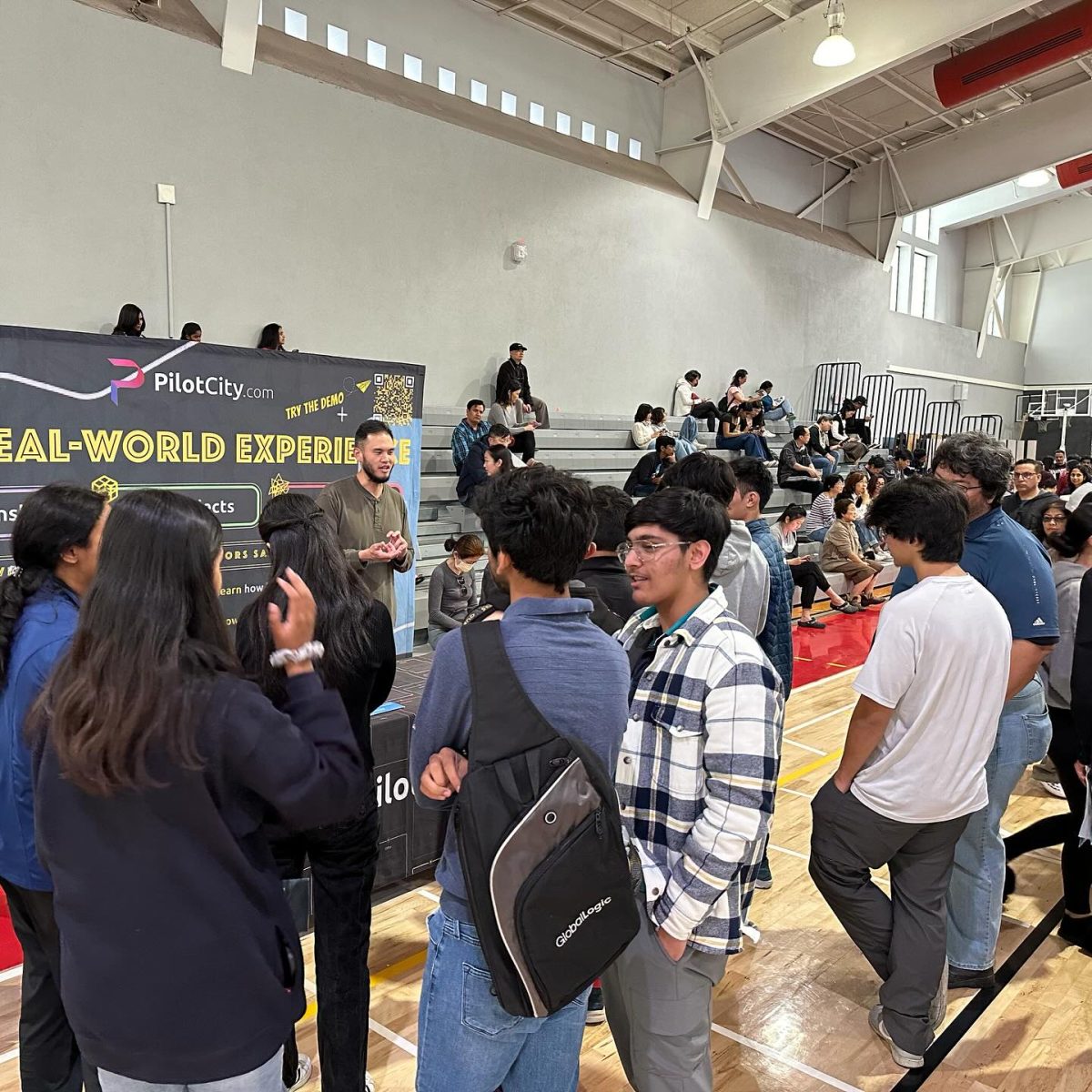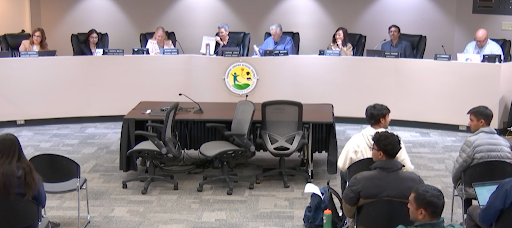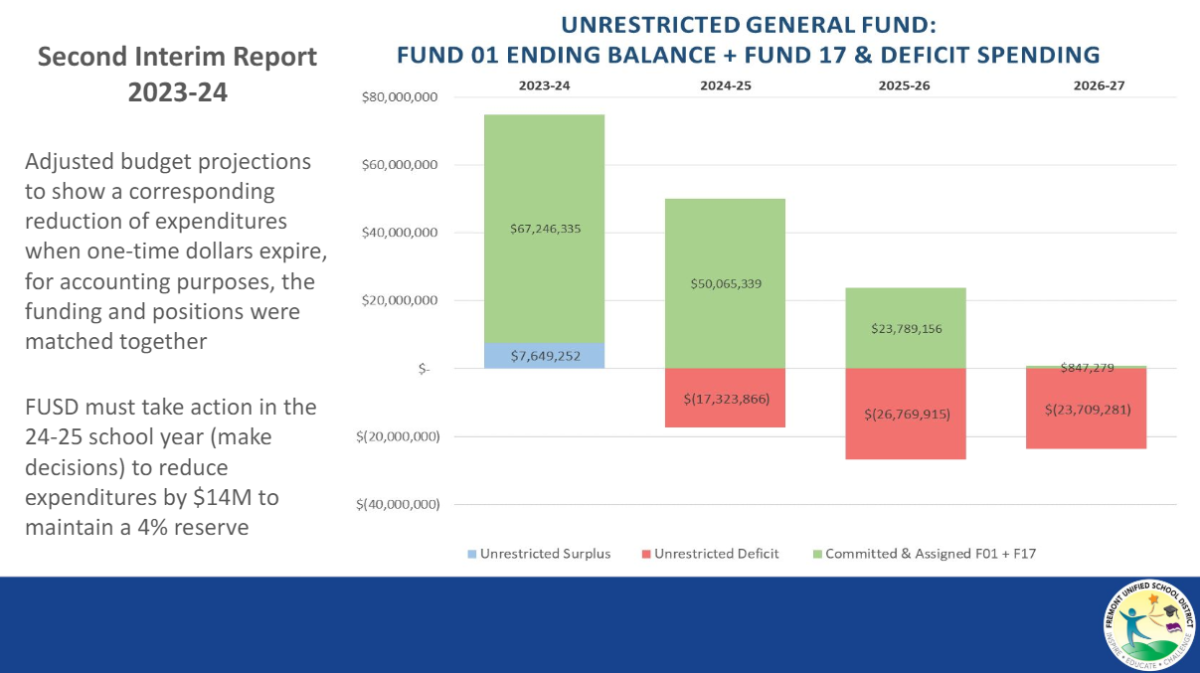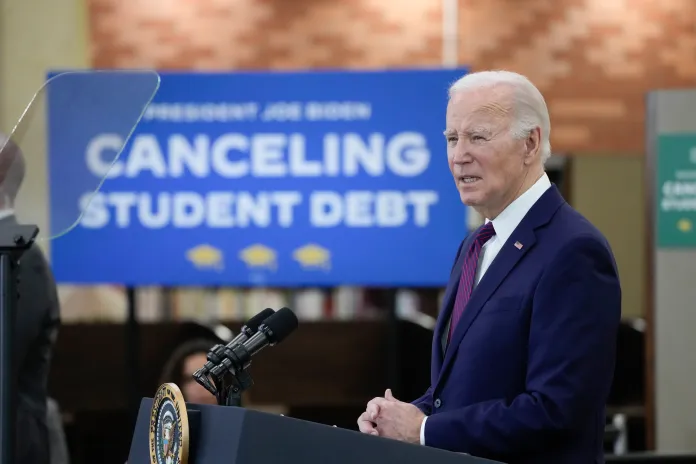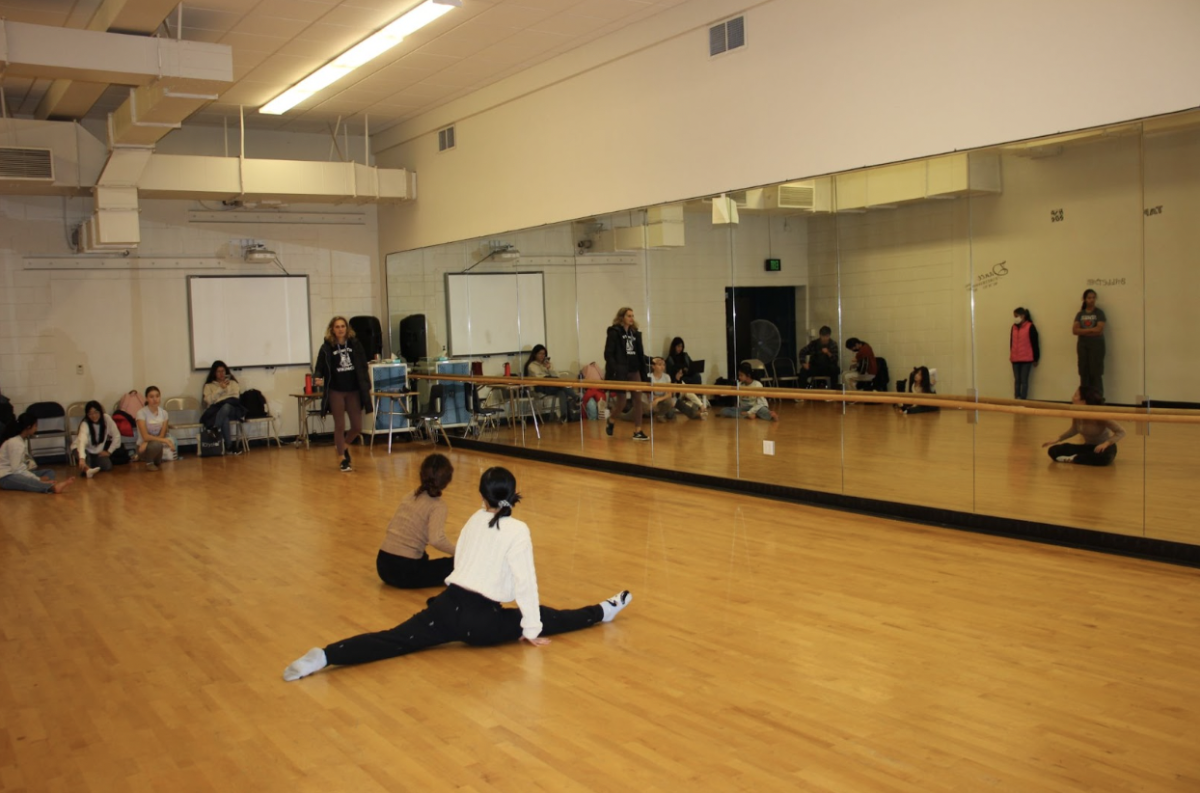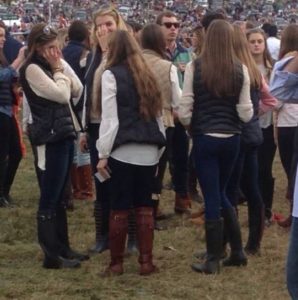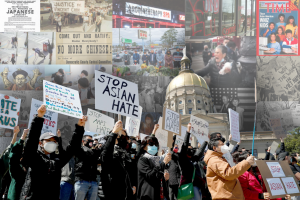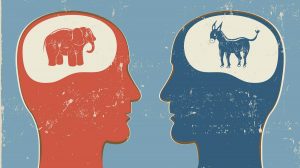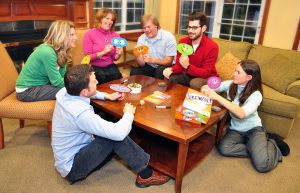The Elections of Many, Not Some
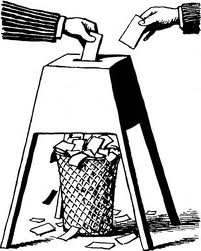
Our elections system remains broken and fails to represent many of our students.
January 28, 2017
ASB first-round elections are fast approaching, and the season is almost here for our candidates to start the long, arduous process of campaigning, convincing, conning, or begging for votes in a frantic race to see who will win the majority. Posters, social media posts, and eventually speeches will showcase our choices, where our students will (might) vote for the person who is the most qualified and energetic for office.
Of course, it is impossible to guess at the voting percentages for the last elections or analyze voter data; the former is not released, and the later is not gathered. We can’t be sure that voters will actually vote for the candidate with the most experience, but it is probably far more likely that charisma, enthusiasm, and confidence will carry the day over mere paper stats.
The last four presidents of ASB have always had experience, however. It is a requirement to run for the office; one must have at least one year of experience beforehand to even run for the position. Since the majority of presidential candidates have two or three years of experience, this prerequisite has never really been necessary because they self-select themselves.
Enter Aaron Lin, a sophomore who recently asked ASB to end this election requirement by giving a powerpoint presentation in front of the executive officers. His case was pretty simple; current ASB junior and sophomore officers hold a monopoly on power by making sure that those who don’t have enough elective space in their underclassman years cannot compete with those who have already finished such requirements or those who spend their time simply on ASB alone. Thus, the same type of people will always run for office, and voters won’t have the diversity of choices that they deserve. Aaron’s proposal was defeated by a large majority vote of the very people he was accusing of monopolizing power. If ASB claims to be a “student government”, it must be reflect our current government, which has no such “experience” requirement, even if unqualified candidates might be elected, because the student body reserves its right to choose and elect anyone.
The first fundamental facet of our republic is that any person can be president, as long as they are natural-born American citizens and over the age of 35. “Experience” is not required; it is up to the voters to decide who they want for president, experience or not. Take our new president, Donald Trump, who has never held a political position in his life. Now, Irvington certainly does not have the electoral college, and Trump would have lost in a landslide (AP Government polls put his popularity at 35% before the election), but despite his lack of experience, his temperament, or his controversial policies, the one thing that his opponents have never questioned was his right to run. If we want to emulate a democracy, unqualified candidates will run all the time; some may even win positions they don’t deserve. It should not be in the domain of teachers, and especially not in the power of current ASB members eyeing the presidency, to select only candidates that meet their approval for the student body. That power should be reserved to the students. If we value democratic processes, then the right for anyone, any student, from any grade, to run must be respected.
Secondly, having an ASB board decide which candidates can run for president destroys almost all grassroots movement potential. Current ASB candidates usually resemble the “career” politician archetype, with lots of experience, planned campaigns, and connections within the student government. The reality is, however, that grassroots movements, where community activists or local politicians run for large offices, are an enormous part of the political experience. Having an “outsider” run for presidents can help break the enormous apathy amongst the current population. If much of ASB itself is in the same friend-group, it distances them even more from an ever-greater student population, which leads to more apathy and less transparency.
To resemble a true student democracy or prepare students for the real world, ASB should immediately reverse its decision on Aaron’s proposal, free up the electoral process, and help anyone run, not just those in ASB already.





